Whether as the consequence of chance survival, indifference, or a studied silence on the part of our ancient sources, in the textual legacy of the Greeks and Romans explicit discourses and ideals concerning slavery are few and far between (P. Garnsey, Ideas of Slavery from Aristotle to Augustine, Cambridge 1996, charts the various approaches taken by classical authors as well as their mutual influences). Those fragments that we do have convey to us the somewhat idiosyncratic ideas of an intellectual elite; clearly, not every slaveowner devoted the same philosophical effort to the subject as an Aristotle or a Seneca. Nevertheless, we can expect that a certain amount of cultural work was done, both by individual slaveholders and their communities, in order to justify and naturalise the complete subordination of one group of people to another. This cultural work activated several different strategies of exclusion supported by notions that were foundational to the social and political ideology of any given social configuration (P. Ismard, Le Miroir d’Œdipe. Penser l’esclavage, Paris 2023, argues that silence regarding slavery was itself a facet of Athenian ideology). It is our goal to investigate such strategies and their development over time, from the emergence of the first substantial clusters of evidence on enslavement in the Mediterranean to the wake of the rise of Transatlantic slavery.
There are a number of avenues which participants might fruitfully pursue, clustering around the investigation of strategies of Othering and their impact upon the social persona of the enslaved persons. The slave is often defined as the quintessential Other; a complete outsider existing within a community or household of insiders. But Otherness can be constructed along a number of axes (Classical notions of the ‘Other’ have received a good deal of attention by modern scholars, though typically the concern of these works has been to identify ideas in our literary sources rather than assess their prevalence or consequences. E.g., F. Hartog, Le Miroir d’Hérodote. Essai sur la représentation de l’autre, Paris 1980; E. Hall, Inventing the Barbarian , Oxford 1989; P. A. Cartledge, The Greeks: A Portrait of Self and Others, Oxford 2002; B. Isaac, The Invention of Racism in Classical Antiquity, Princeton, NJ 2004). The work of the 2023-25 cycle of the Turin Humanities Programme has primarily been concerned with investigating the extent to which, in ancient Egypt, Greece and Rome, notions of ethno-racial difference intersected with justifications for enslaving certain groups of people. We intend to argue that such notions undermine the vision of antiquity as a world of ‘slavery without racism’ (Cf. S. Engermann, ‘Slavery without Racism, Racism without Slavery’, Journal of Global Slavery 5/2020, pp. 322-56; with this, we do not intend to advance an anachronistic or ahistorical view of racism, see V. Seth, ‘The Origins of Racism’, History & Theory 59/2020, pp. 343-68). We are also interested in the intersection of these notions with further strategies of Othering, including dehumanisation, infantilisation and gender-based discrimination.
The conference will explore the consequences of these modes of thinking, understood as attempts to domesticate enslavement within the dominant system of values of any give society. Both the contributions and the exchanges they stimulate will provide the occasion to reconsider how prevalent ancient discourses about the institution of enslavement were, and how significant their impact. Where the effects of slaveholding ideologies are observable, what shape do they take? Where they are marginal, what might this tell us about ancient societies and their relationship to the institution of slavery? And where can we identify convergences and divergences in the application of these ideas? The conference will include scholars of the dispersed but interconnected ancient and mediaeval Mediterranean, to investigate how ideas justifying the subjugation and exploitation of enslaved people were put into practice.



